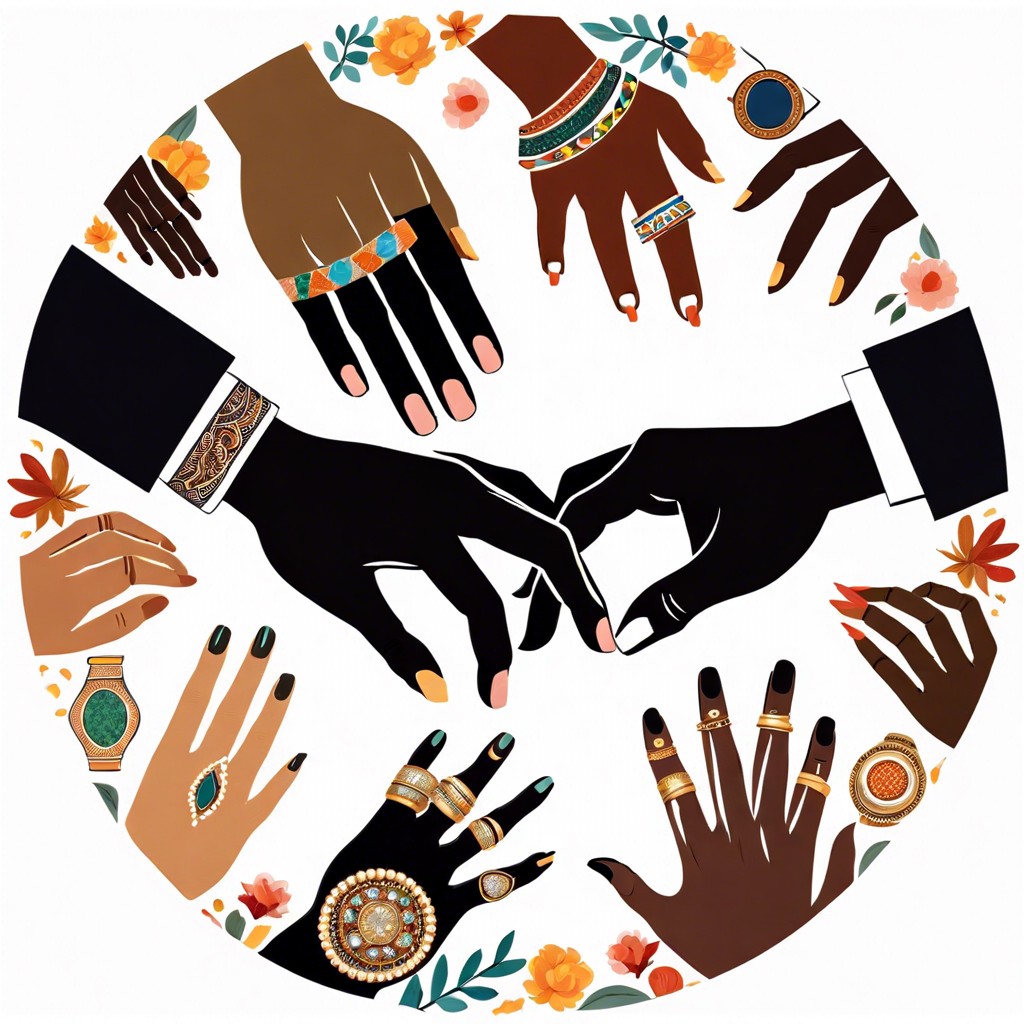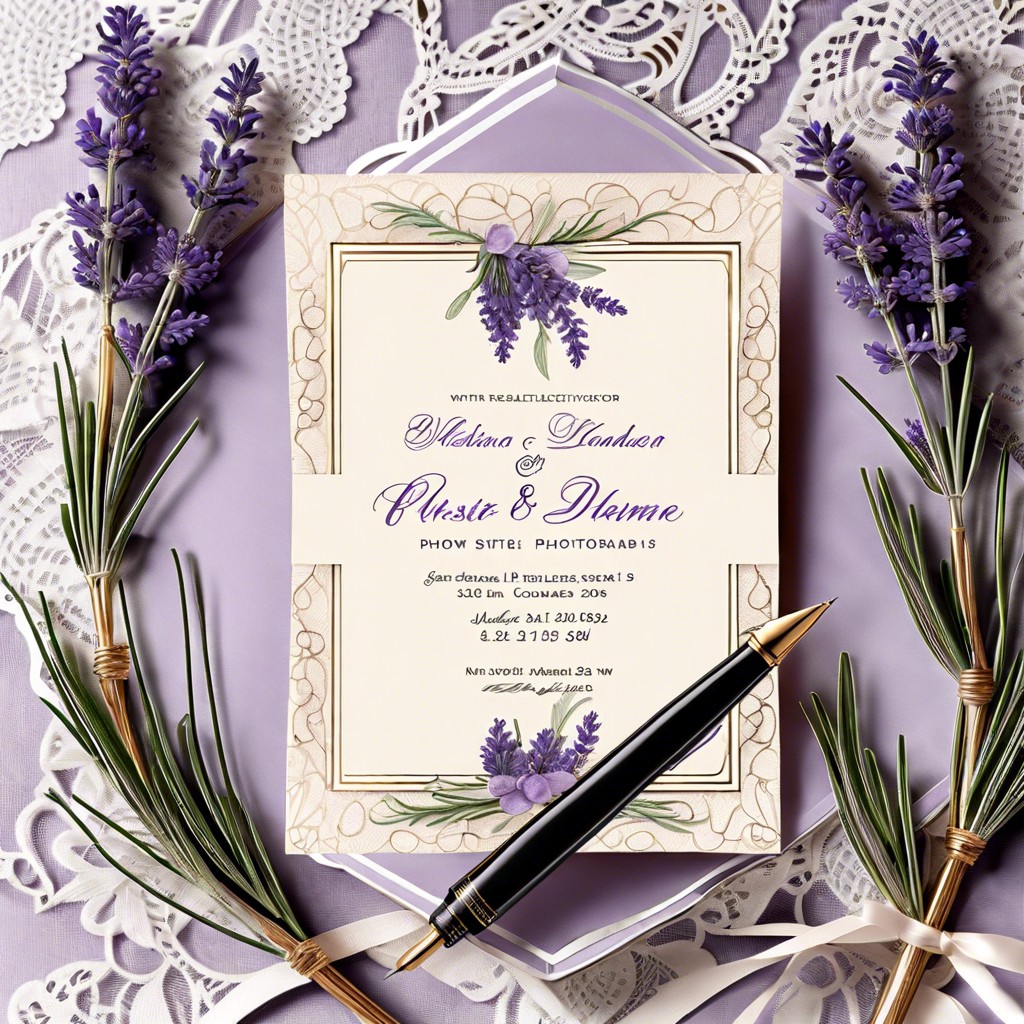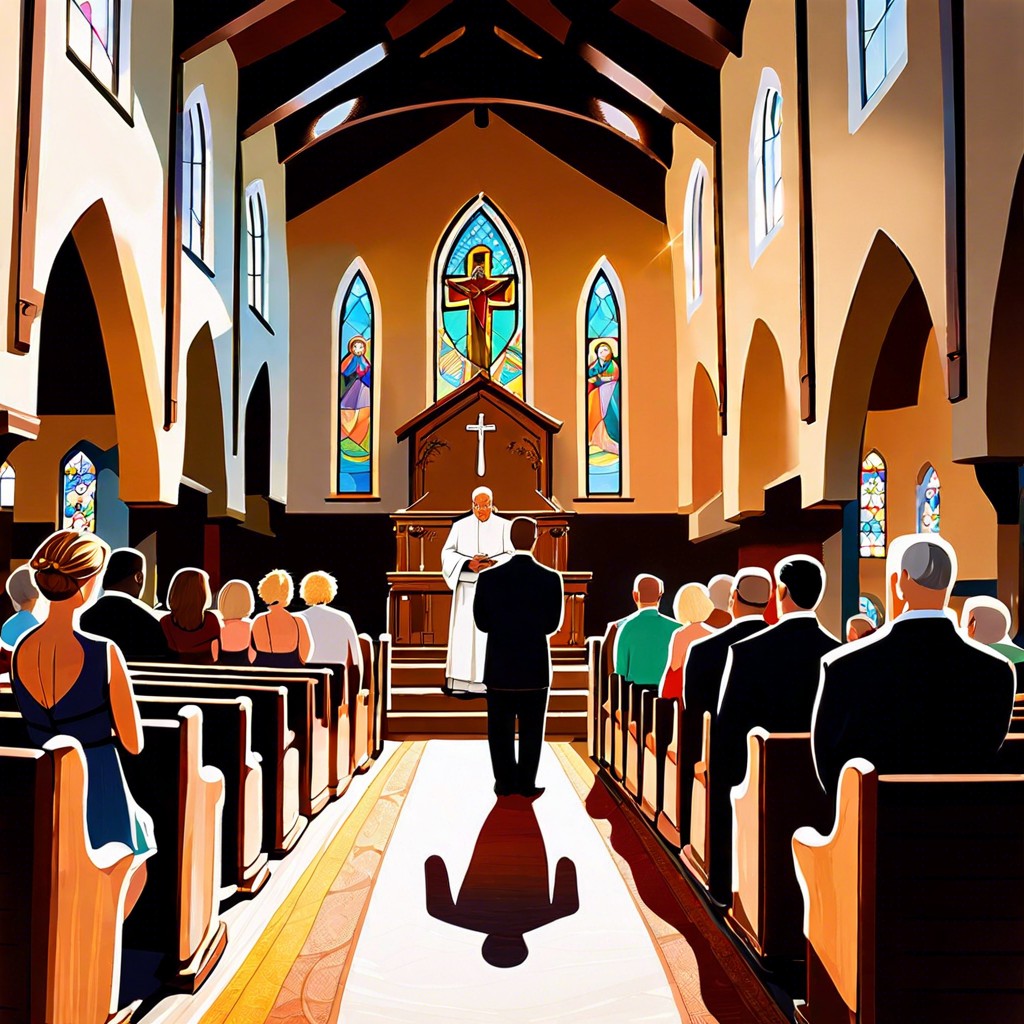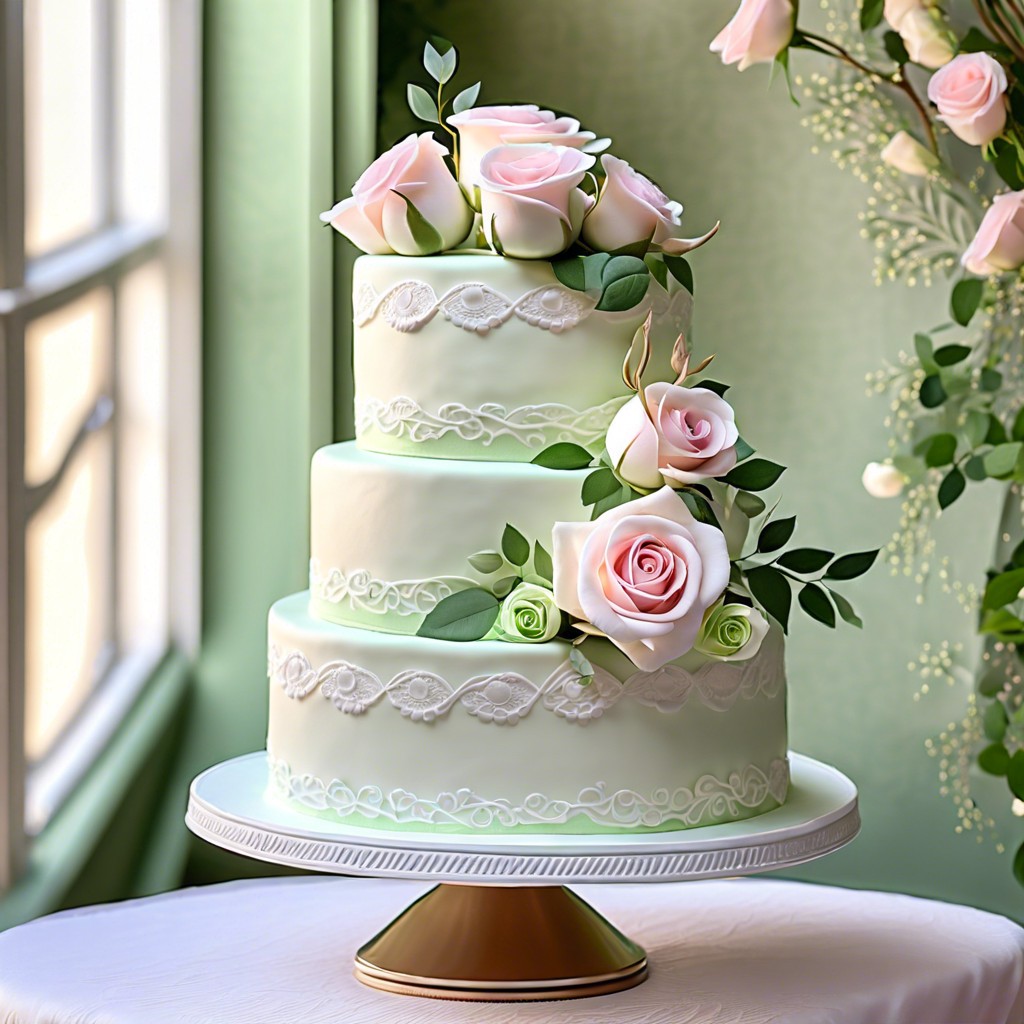Discover the optimal temperature for an unforgettable outdoor wedding as we explore how to avoid chilly surprises and ensure a cozy celebration.
As a bride-to-be, you’ve been dreaming of your perfect outdoor wedding since you were a little girl. The sun shining down on you, the gentle breeze blowing through your hair, and the natural beauty surrounding you as you say “I do” to the love of your life.
But what happens when Mother Nature has other plans? What if it’s too cold for an outdoor wedding?
Many couples choose to have their weddings outdoors because of the stunning scenery and unique atmosphere that only nature can provide. However, as much as we love the great outdoors, it’s important to remember that we are at its mercy when it comes to weather conditions.
So how do you know if it’s too cold for an outdoor wedding? In this article, we’ll explore some tips and tricks to help you decide whether an outdoor winter wedding is right for you or if it’s time to move things indoors.
So grab a cup of hot cocoa and let’s dive in!
Temperature Thresholds

While some couples may be willing to brave the cold for the sake of their dream wedding, others may prefer to play it safe and opt for an indoor venue instead. So what are some temperature thresholds you should keep in mind when planning an outdoor winter wedding?
Firstly, consider the average temperatures in your area during the time of year you plan on getting married. If temperatures regularly dip below freezing where you live, then having an outdoor winter wedding might not be feasible without proper heating equipment and precautions.
Secondly, think about how long guests will need to spend outside during your ceremony and reception. A short ceremony followed by a heated indoor reception might work well even if temperatures are chilly outside.
Weather Considerations

When it comes to outdoor weddings, weather is always a major consideration. While you can’t control the weather, you can certainly plan for it.
Before deciding on an outdoor winter wedding, consider the typical weather patterns in your area during that time of year. Will there be snow or rain? How windy will it be? These factors can greatly impact your guests’ comfort and safety.
It’s also important to have a backup plan in case of inclement weather. This could mean having an indoor venue option or renting tents with heaters to keep everyone warm and dry.
Another thing to consider is how the cold temperatures may affect your vendors such as photographers and musicians who will need extra care for their equipment when working outdoors in colder conditions.
Guest Comfort Factors

When planning an outdoor wedding, it’s important to consider the comfort of your guests. While you may be willing to brave the cold for a few hours in order to have your dream wedding, not all of your guests will feel the same way.
It’s essential that you take into account their needs and make sure they are comfortable throughout the ceremony and reception.
One way to ensure guest comfort is by providing warm blankets or shawls for them during the ceremony. You can also offer hot beverages like tea or coffee before and after the ceremony as well as during cocktail hour.
Another factor that affects guest comfort is seating arrangements. Make sure there are enough seats available with cushions or padding so that people don’t get too cold sitting on hard chairs for extended periods of time.
Lastly, keep in mind any elderly guests who may have difficulty standing outside in colder temperatures for long periods of time. Consider having some indoor space available where they can sit down if needed.
Seasonal Clothing Tips

When it comes to outdoor winter weddings, dressing appropriately is key. As a bride, you want to look stunning in your wedding dress while also staying warm and comfortable throughout the day.
For the groom and guests, it’s important to strike a balance between style and practicality.
One option for brides is to choose a dress with long sleeves or add layers such as shawls or wraps that complement their gown. Grooms can opt for heavier fabrics like wool suits or tuxedos paired with scarves or gloves.
Guests should be advised on what type of attire would be appropriate for an outdoor winter wedding so they can stay comfortable during the ceremony and reception. Encourage them to wear thicker fabrics like wool blends, bring jackets/coats/scarfs/gloves/hats if necessary but remind them not too overdress since they will dance later on.
Venue Selection Criteria

When it comes to selecting a venue for your outdoor wedding, there are several factors to consider. One of the most important is the location’s ability to accommodate colder temperatures.
Look for venues that offer indoor spaces or heated tents as backup options in case of inclement weather. Make sure that any outdoor areas have proper heating sources such as fire pits or space heaters.
Another consideration is the layout and accessibility of the venue itself. If you’re planning on having an outdoor ceremony followed by an indoor reception, ensure that guests won’t have to travel too far between locations in cold weather conditions.
Take into account any potential obstacles posed by winter weather such as snow-covered paths or icy walkways leading up to your chosen venue. Make sure these areas are properly cleared and salted before guests arrive so they can safely navigate their way around without slipping and sliding.
Backup Plans for Cold Days

When planning an outdoor wedding, it’s always important to have a backup plan in case of inclement weather. This is especially true when it comes to cold temperatures.
While some couples may choose to brave the elements and stick with their original plans, others may opt for a more comfortable indoor setting.
If you’re considering an outdoor winter wedding but are worried about the cold, there are several backup plans you can put in place. One option is to rent heaters or fire pits that can keep guests warm and cozy throughout the ceremony and reception.
Another option is to choose a venue that offers both indoor and outdoor spaces so that you can easily move your celebration indoors if needed. Many venues also offer tents or covered areas where guests can still enjoy being outside while staying protected from the elements.
No matter what backup plan you choose, make sure your guests are aware of any changes ahead of time so they come prepared for whatever Mother Nature has in store on your big day!



